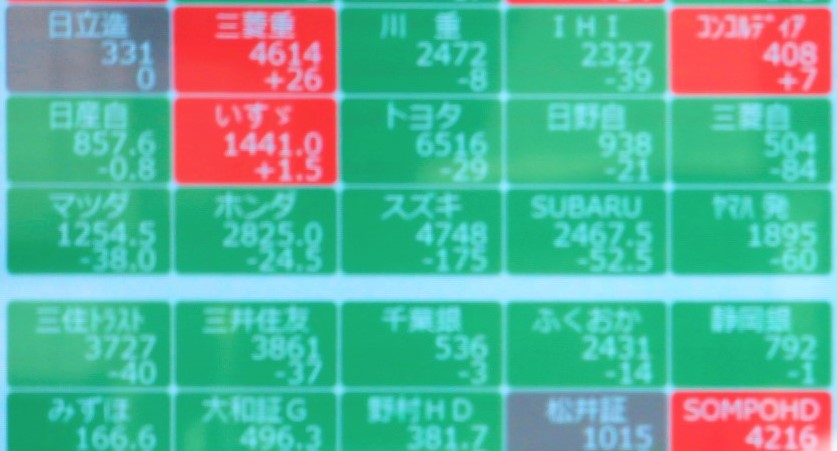Negotiations within the Organization for Economic Co-operation and Development (OECD) about a digital tax – a tax on internet giants such as Google, Meta and Amazon – have stalled due to opposition from the United States, among others.
That is what the French Minister of the Economy, Bruno Le Maire, said on Monday. He wants the European Union to act.
According to Le Maire, several countries are blocking the plans. In addition to the US, he also mentioned Saudi Arabia and India. “We are calling for the situation to be unblocked,” he said ahead of a meeting of G20 finance ministers. “The chances of success are slim,” he acknowledged.
That is why the Frenchman wants the European Union to take action. ‘We have always indicated that if the countries of the G20 and the OECD could not agree on introducing the digital tax, we would argue for an introduction at the European level. I think we’ve reached that point,” said Le Maire.
The starting point of the digital tax is that multinationals such as Google, Meta and Amazon also profit in countries where they are not taxed. Since the measure mainly targets American groups, the US government previously reacted irritably to European initiatives to introduce such a tax. For example, according to Le Maire, France has already created a digital tax, which generates almost 700 million euros annually.
The digital tax is the first part of an international plan to make taxes fairer and to combat tax avoidance, which the OECD countries reached an agreement within 2021. The other part is a general minimum tax of 15 percent on multinationals.
Regarding that minimum tax, ‘progress has been made’, Le Maire emphasized. The measure can be introduced ‘in the coming months’.



